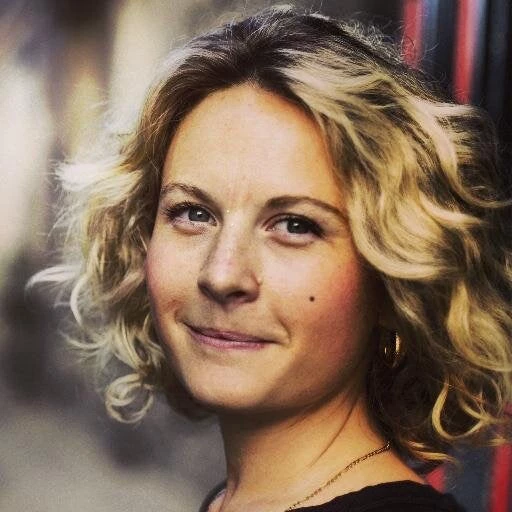
Cecil the Lion at Hwange National Park in Zimbabwe.
We all know about the story that broke the Internet: the story of Cecil the lion and the Minnesota dentist who killed him. What you may not know is that you can now buy a gold-plated iPhone case with Cecil etched on the back for about US$1,000.
The world has reacted in different ways to the news of this black-maned martyr. For various reasons, the media has gone into overdrive, the public has been outraged, and enterprising phone-case companies have gotten creative. So what does it mean for us in the field of tourism, conservation and development?
The global spotlight has been a good thing. First of all, it has raised the temperature of the debate around conservation. People have flooded the dentist’s business page with negative online reviews (“murderer!”), called for his extradition to Zimbabwe, signed petitions, made donations, retweeted celebrities and forced three US airlines to ban wildlife trophy transport.
Publicity like this can have a lasting effect on consumer demand by stimulating more responsible behavior. For example, media expos![]() s on sex tourism and child abuse in Thailand and Madagascar caused the tourism industry (more than 1,000 travel and hospitality companies) to adopt a global code of ethics. Public backlash against the negative impacts of orphanage tourism (volunteering) in Cambodia – following a 2012 investigation by Al Jazeera – meant that most large travel agents removed the product from their books, not only in Cambodia but globally. There is an opportunity here for all tourists, hunters and operators to reflect on and improve the way they behave and interact with wildlife.
s on sex tourism and child abuse in Thailand and Madagascar caused the tourism industry (more than 1,000 travel and hospitality companies) to adopt a global code of ethics. Public backlash against the negative impacts of orphanage tourism (volunteering) in Cambodia – following a 2012 investigation by Al Jazeera – meant that most large travel agents removed the product from their books, not only in Cambodia but globally. There is an opportunity here for all tourists, hunters and operators to reflect on and improve the way they behave and interact with wildlife.
More crucially, Cecil’s publicity has revealed the divisiveness of the issue. While everyone condemns the illegality of what happened, conservationists, columnists, academics and others cannot definitively agree on bigger questions. Does trophy hunting really contribute to conservation? Or should it be banned? Is photographic tourism a better alternative? Do we actually know?
For those of us concerned with such development goals as natural-resource management, job creation or local community empowerment, this lack of a global consensus poses a policy challenge. Indeed, the last few days have highlighted that indeed both consumptive (hunting) and non-consumptive (safari) tourism can demonstrate positive impacts.
So perhaps the question is not “Which is the better alternative” but “How can we better capture the value and benefits of each?” One way is to look at the policy framework and its role in regulating the supply side of the equation.
Ann Jeannette Glauber, who has been leading the World Bank’s environmental program in Tanzania, says, “Apart from international bans on endangered species and poaching, Protected Areas can make their own decisions about what does and doesn’t go on – depending on the local context. Policy, regulation and enforcement therefore need to be implemented on a specific case-by-case basis. There is no one-size-fits-all solution.”
Whether hunting or tourism, authorities can help by thoroughly vetting all operators – ideally in competitive tendering processes for concessions or licenses. They can monitor wildlife stock and habitats and issue licenses according to sustainability of key species. They can address corruption and governance issues that plague the sector – by clamping down on skewed auctions and licenses that are fake or “bought” under the counter, and by holding lawbreakers to account. This includes the pervasive problem of poaching, which undermines and corrupts the parallel system of legal hunts.
So: What does all of this mean for us? Glauber says “it’s an opportunity for us to build our engagement at the supply side: working with public- and private-sector clients to improve policy, governance and enforcement around conservation, consumptive and non-consumptive tourism.” It also reinforces the need to engage with industry about standards, sustainability, consumer behavior, and to ensure that the industry is operating in a way that maximizes positive benefits, whatever the context.
If all this attention has brought us to the point where we are having this debate, where we have an opinion about lions – and also where there is a golden “Cecil” iPhone case for sale – then so be it.
Every cloud . . . .


Join the Conversation